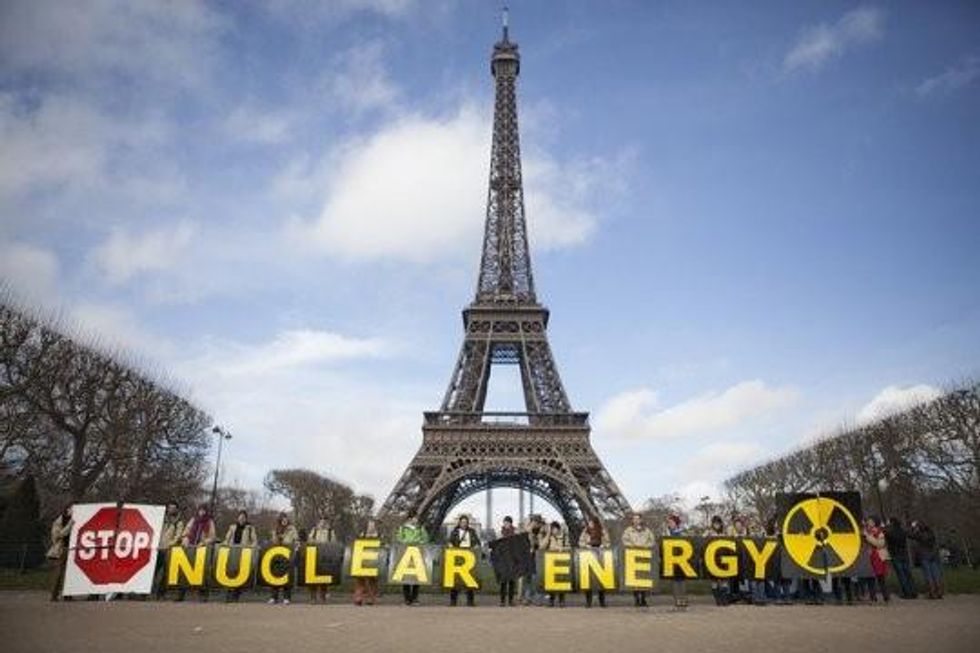Former U.S. Nuclear Regulatory Commission chief Gregory Jaczko is stressing that the only way to prevent nuclear accidents is to phase out nuclear power completely.
Jaczko was head of the body when an earthquake and tsunami triggered the March 11, 2011 triple meltdown at the Fukushima nuclear plant, and was speaking at events to mark the anniversary.
"The lesson has to be: This kind of accident is unacceptable to society. And that's not me saying it. That's society saying that," he said while in Tokyo.
Speaking to the Japan Times, Jaczko said that the Fukushima disaster prompted his re-think about nuclear power and the inevitable fallibility of safety measures.
"The question Japan has to ask itself is: Is the country willing to have another accident? And if the answer is no, then the answer has to be no more nuclear power," he said in a separate interview.
His message echoes one he gave this fall when he took part in a panel that included former Japanese Prime Minister Naoto Kan, who was in office when the Fukushima disaster broke out. "Accidents will happen," Jaczko warned while speaking with the anti-nuclear panel in Boston.
Jaczko resigned from his NRC post in 2012 before his term was up amid personal attacks some felt were retaliation for his standing up to the powerful industry.
Months ahead of his resignation, when the NRC green-lighted the first new U.S. nuclear reactor in decades, Jaczko was the lone dissenting vote from the five-member panel, saying, "I cannot support issuing this license as if Fukushima had never happened."
Despite the continuing disaster and strong opposition in Japan to nuclear power, the country is moving closer to bringing its reactors back online.
___________________

